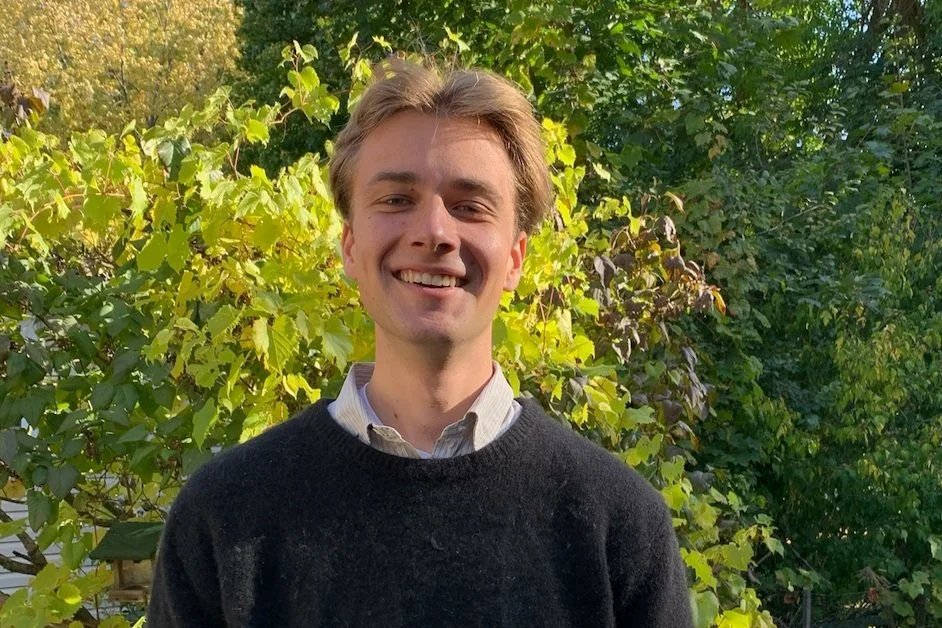Ivan Kredl, He/Him/His
Tell us about yourself:
Hello, my name is Ivan Kredl and I am currently in my fourth year of the Arts and Science program at McMaster University. After spending three years working as a stonemason and stone carver, I decided to embark on an interdisciplinary undergraduate degree at McMaster. Although I have not explicitly specialized during my Arts and Science degree, a focus of mine has been the social determinants of mental health as I have taken and been a Teachers Assistant for many classes in this area throughout my undergraduate career. I am currently completing a thesis which has been highly informed by my SIR experience thus far. I knew I wanted to involve critical perspectives of mental health in my thesis work from the beginning but was unsure what my explicit focus would be. As I began SIR and my interest in urban planning and housing flourished, I realized late one night that I ought to combine the topics of urban design in Hamilton and mental health for my thesis. As of right now, I am planning on conducting a case study digging into the degree to which the City of Hamilton's urban design approach takes into account mental health outcomes while also providing evidence-based recommendations for how the city might improve its approach in this area. I have a radio show on CFMU from 4:30-5:30 on Saturdays and I am on the planning committee of the OPIRG McMaster Community Garden.
How is your project going?
The project my team is embarking on falls into the "affordable rental" part of the housing continuum. This part of the continuum falls between transitional/community housing and market housing. The biggest issue facing our type of housing right now is what some are calling "The Missing Middle". The "middle" this concept refers to is the space between affordable/subsidized housing and market housing. As market rents and house prices have stayed unaffordable for great portions of the population, people's ability to make the jump from affordable/subsidized housing to market housing remains extremely limited. As a result, this causes immense pressures on subsidized housing projects as demand greatly increases. We are addressing this issue by engaging experts with many different perspectives. Each and every person we speak with has something different to offer when it comes to our topic of interest. Whether it be city staff, CEOs from non-profits, developers or community groups, there are many different ways to understand this problem as well as address it. We are currently looking to bring stakeholders from the sectors listed above to a dialogue to further this discussion and forge connections between people and organization who might not have collaborated on such issues in the past.


